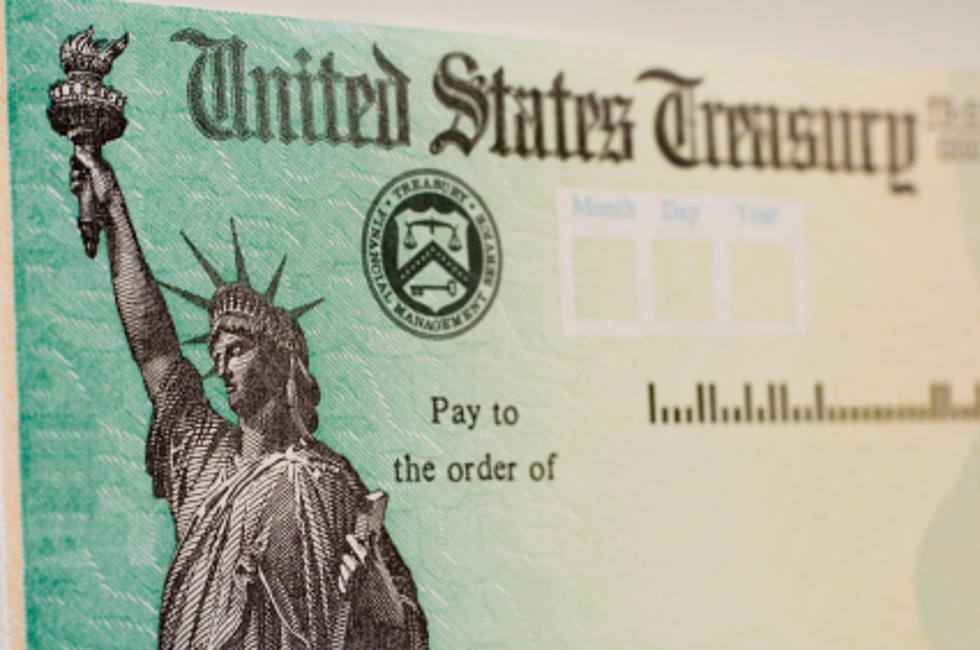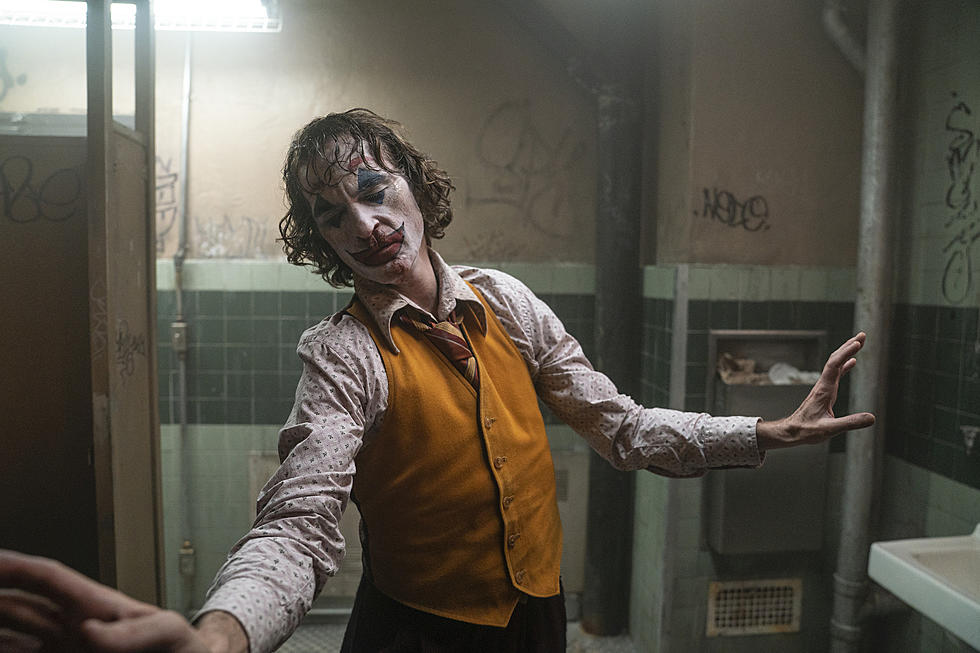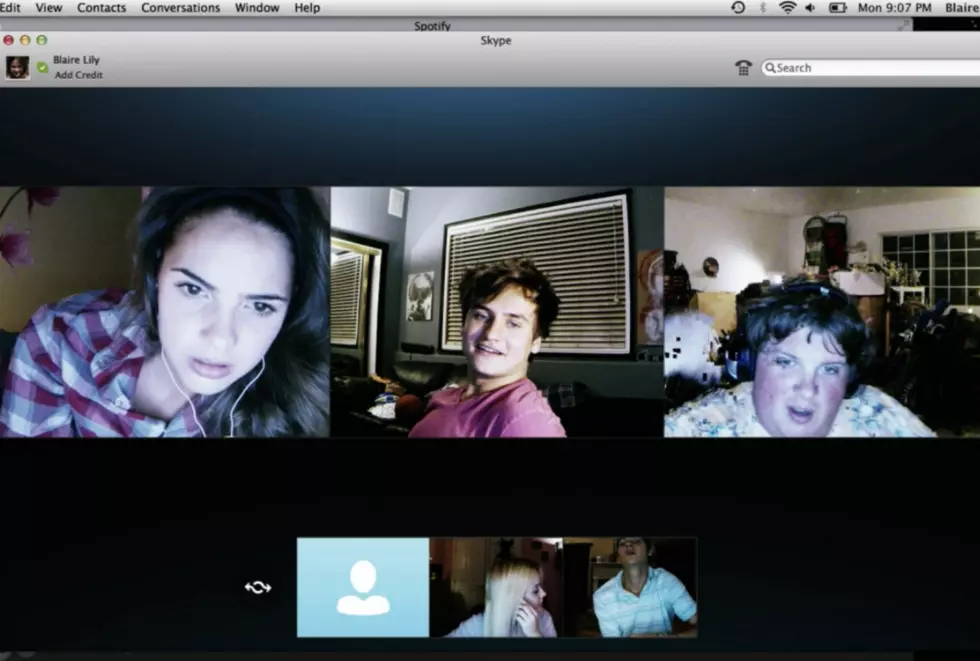
60 Years Ago: Rock Pioneer Eddie Cochran Dies
Eddie Cochran was only 21 years old when his career ended in a car wreck on April 17, 1960 – leaving the music world without someone who could have been even more of a guiding light than he’d already managed to be.
One of the genre’s first one-person visionaries, having explored country music and rockabilly on the way, Cochran had already enjoyed a series of hit singles after breaking the chains of his recording contract and doing his own thing. It turned out to be great for himself, Liberty Records and a generation of future artists looking for inspiration.
At the age of 15, he toured as a member of the Cochran Brothers with guitarist Hank Cochran (no relation) and started building a reputation for having a singular approach to playing guitar. He focused his creativity to great effect with Liberty after signing a solo deal when he was 18, rebelling against the treadmill approach used for most artists by writing his own songs, playing all the instruments and serving as producer.
His friend John Rook, who soon became his label representative, later recalled an argument between Cochran and his manager, Jerry Capehart.
Watch Eddie Cochran Perform ‘C’mon Everybody’
“Eddie was insisting he could create better songs than those the label had given him to record," he said. "Eddie also wanted to record from a different studio than the one at Liberty. Jerry finally agreed, and they began to use the studio at Gold Star. I could see a much more confident Eddie emerge from those sessions as he began to find a niche he was more comfortable with. He began to not only play guitar, but also experiment with other sounds, like using a cardboard box for a drum and to get a special effect began to do what he called ‘overdub’ himself.
“Gold Star may not have been as classy as the big major studios in [Los Angeles], but soon it became known as the studio where most of the rock artists wanted to record," Rook added. "Many artists would request Eddie be included in their sessions and he was happiest in the studio.”
One of Cochran’s innovations was to play guitar with an unwound G string, with its lighter weight allowing him to bend a note up a whole step. Musician Binky Phillips described his output to HuffPost as “monuments of the highest quality and purest music produced in the infancy of rock ’n’ roll. ... Eddie’s production emphasized the mid- and low-end range, thus adding an extra oomph from the bass guitar and drums.”
Watch Eddie Cochran Perform ‘Summertime Blues’
Mick Jagger once described Cochran as “royalty." “On the records, his sound was really fantastic," he noted. "They sound very crystal clear, with a good use of sound in itself – beautifully recorded, produced records. … They happened to be very influential on all British bands coming up in the ’60s, and still even now these records are known to British musicians.”
His influence in the U.K. – and, as a result by association, the rest of the world – is a matter of record. Paul McCartney famously played "Twenty Flight Rock" for John Lennon on the day they met, with Lennon asking him to join the Quarrymen shortly afterward. The Who had a U.S. Top 40 hit with his "Summertime Blues," and the Sex Pistols took "Somethin' Else" to No. 3 in the U.K.
Watch an Interview With Eddie Cochran
Cochran’s only visit to the British Isles, in early 1960, was to prove fatal. Having been kept on weeks longer than originally planned due to the success of his shows, he was in a taxi racing to London so he could catch a flight back to the U.S. for a TV appearance. The driver, who’d been asked several times to slow down, lost control and smashed into a tree, killing Cochran and wounding his girlfriend, Sharon Sheeley, and fellow rising star Gene Vincent.
“I think, actually, rock ’n’ roll will be here for quite some time – but I don’t think it’s going to be rock ’n’ roll as we know it today,” Cochran predicted on the TV show Town Hall Party in 1959.
Asked by host Johnny Bond if he thought rock ’n’ roll was a new phenomena, he replied, “No, I don’t. … I think it’s been around, but nobody’s actually recognized us. I think it’ll be around for a long time, but changing.”
Top 100 Classic Rock Artists
More From 92.9 The Lake










